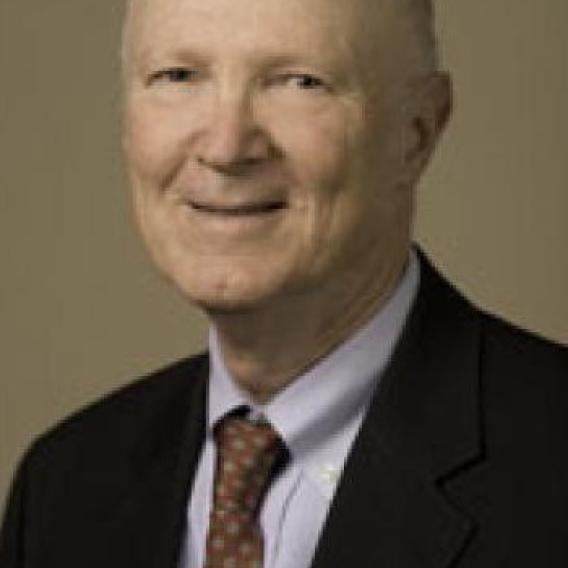Image

Lorrin M Koran
Professor Emeritus-Hourly, Psychiatry and Behavioral Sciences
Member, Wu Tsai Neurosciences Institute
M.D., Harvard Medical School (1966)
Affiliation:
Lorrin M. Koran, M.D., received his medical degree from Harvard Medical School. Following an internship at UCLA, he completed a residency in psychiatry at Stanford University Medical Center and then served in the U.S. Public Health Service. After a year in London as a Visiting Colleague at the Maudsley Hospital Institute of Psychiatry, he joined the faculty at SUNY at Sony Brook in 1972, served as Associate Professor from 1976 to 1977, and as Director of Medical Student Education in Psychiatry from 1972 to 1977. In 1977 he joined the faculty at Stanford University Medical Center, where he has served as Professor of Psychiatry from 1984, and is now Professor, emeritus. In 1980, he created the Comprehensive Medicine Unit within Stanford University Hospital, which he directed until 1989. He directed the Psychiatric Consultation/Liaison Service from 1991 to 1995, and the Obsessive-Compulsive Disorder Clinic and research program from 1989 until 2010. Dr. Koran served as Visiting Professor at Stanford in Florence, Italy in 1991, where he taught a course entitled, “Medicine and Art in the Renaissance.” He received the Outstanding Teacher Award from the Stanford Department of Psychiatry in 1980, 2000 and 2008. Dr. Koran is board-certified in Psychiatry and is a Distinguished Life Fellow of the American Psychiatric Association.
Dr. Koran’s research has focused on obsessive-compulsive disorder (OCD) and related disorders, on the relationship of medical and psychiatric disorders, on pharmacotherapy for chronic depressive disorders, and on pharmacoeconomic studies. He chaired the APA Workgroup that produced the 2007 guideline for the treatment of obsessive-compulsive disorder. Dr. Koran has lectured extensively throughout the world on these and related topics.
Dr. Koran is currently engaged in research on gadolinium deposition disease, a disorder afflicting a small percentage of patients who undergo a contrast-assisted MRI, retain gadolinium from the contrast medium, and experience resulting symptoms.
Dr. Koran’s research has focused on obsessive-compulsive disorder (OCD) and related disorders, on the relationship of medical and psychiatric disorders, on pharmacotherapy for chronic depressive disorders, and on pharmacoeconomic studies. He chaired the APA Workgroup that produced the 2007 guideline for the treatment of obsessive-compulsive disorder. Dr. Koran has lectured extensively throughout the world on these and related topics.
Dr. Koran is currently engaged in research on gadolinium deposition disease, a disorder afflicting a small percentage of patients who undergo a contrast-assisted MRI, retain gadolinium from the contrast medium, and experience resulting symptoms.